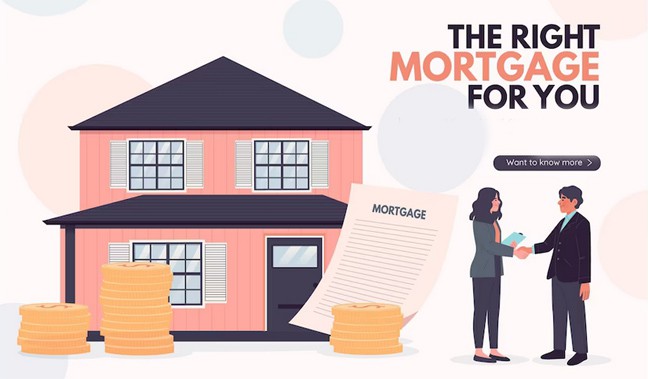No matter how much we wish, money cannot be an unlimited resource. Even the world’s wealthiest women and men are financially bound. During times like these, most of us ask ourselves, should I borrow against my house? Of course, borrowing against many assets is possible, but a home equity loan is the quickest option to get a large sum of money at a low-interest rate. So, what are the advantages & disadvantages of borrowing against your property, and how can you get one?
What Is A Home Equity Loan?
When you get a loan for your house, you begin making monthly or annual payments. You will have an outstanding amount and the amount you have paid over the mortgage time. A home equity loan is one that you take out with the difference between your mortgage payment and the overdue mortgage payment.
How to Apply for a Home Equity Loan
A home equity loan can be obtained via a bank, moneylender, or credit union. It would help to choose an organization with the lowest fixed interest rates on the market. There is a possibility of receiving extremely competitive interest rates; however, if they are not set, they may rise, leaving you with unmanageable high-interest debt.
Check to see whether your lender has a National Multistate Licensing number. You may further investigate the firm using the NMLS number to check whether any complaints have been lodged against it in the past.
Pros
- A home equity loan is an excellent approach to getting funds for initiatives that provide more revenue. You can use the loan proceeds to improve the market worth of your house. Yet, while determining how to secure a home equity loan, it is crucial to err on the side of caution because property loans might dip, leaving you with more debt than worth.
- Fixed interest rates allow you to forecast and prepare for all future payments, which is a huge benefit for folks with a steady income. Also, a stable interest rate might contribute to lower interest expenses compared to changing interest rates.
- Compared to other types of finance, a home equity loan is relatively easy to get. You may receive a contract in days or even hours if you have a decent credit score and a mortgage. However, it may not be accurate for other credit choices for which you may not qualify.
Cons
- The most notable downside of a home equity loan is that, depending on your region and financial status, it may have a higher interest rate than other lending choices. It is especially true for persons who take out loans while market interest rates are high, as they must continue to pay the debt.
- Guaranteed high-interest rates until the mortgage are paid off. Take out your loans when interest rates are low to avoid this.
- Taking out a home equity loan puts you in danger of losing your house if you don’t pay it back. Yet, all loans are risky, and sometimes you must grab the bull by the horns and accept the risk.
- There is a strong possibility of squandering the funds. Most people may make poor financial judgments if they do not receive proper financial counsel since they believe they have enough money. Therefore, prevent wasteful expenditure of credit-purchased funds.
The Bottom Line
Should I borrow against my house? The answer is complex, so take your time, research, and carefully consider the dangers. You can make an irrefutable and financially intelligent decision if you evaluate the advantages and drawbacks of a home equity loan and assess your financial situation—best wishes on your home equity adventure.

